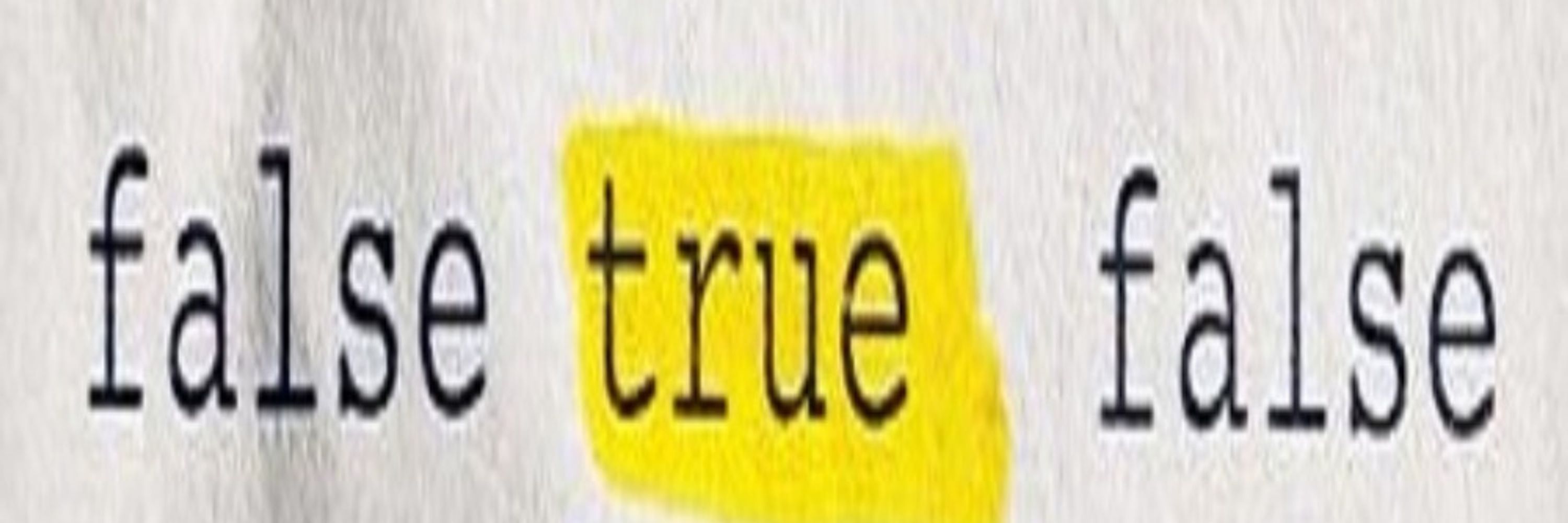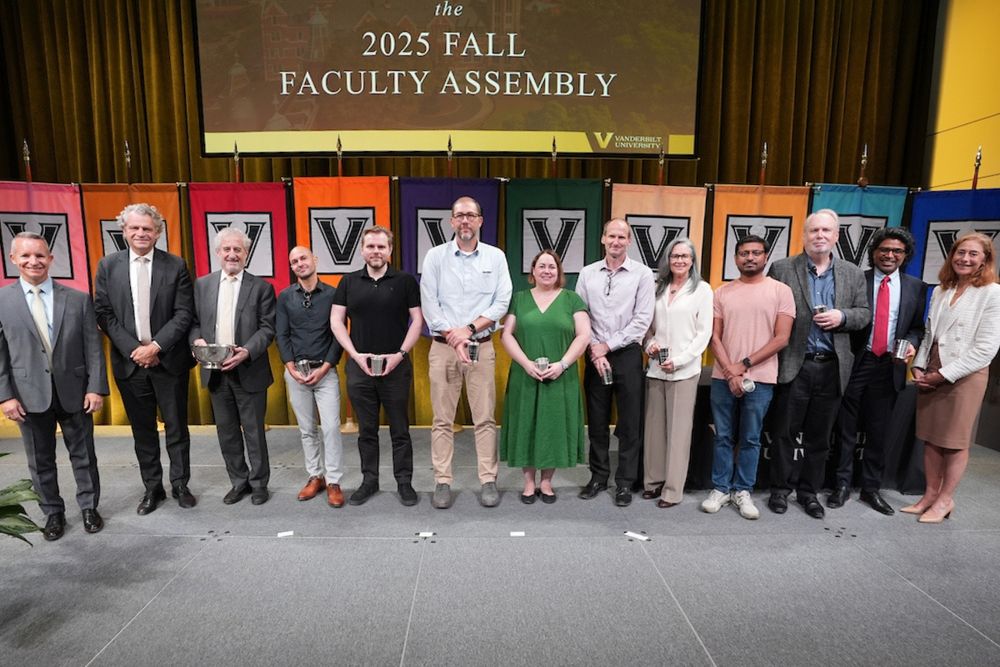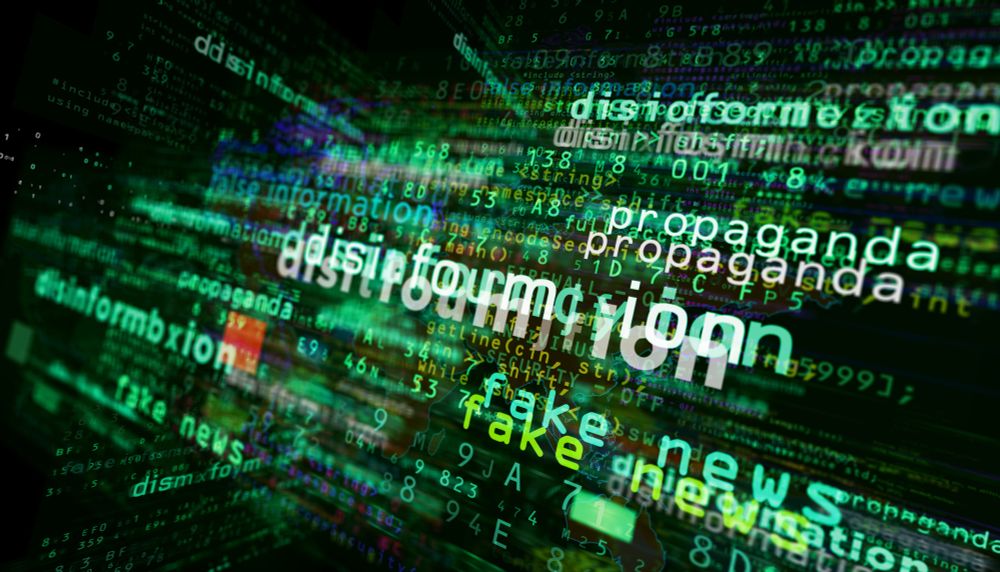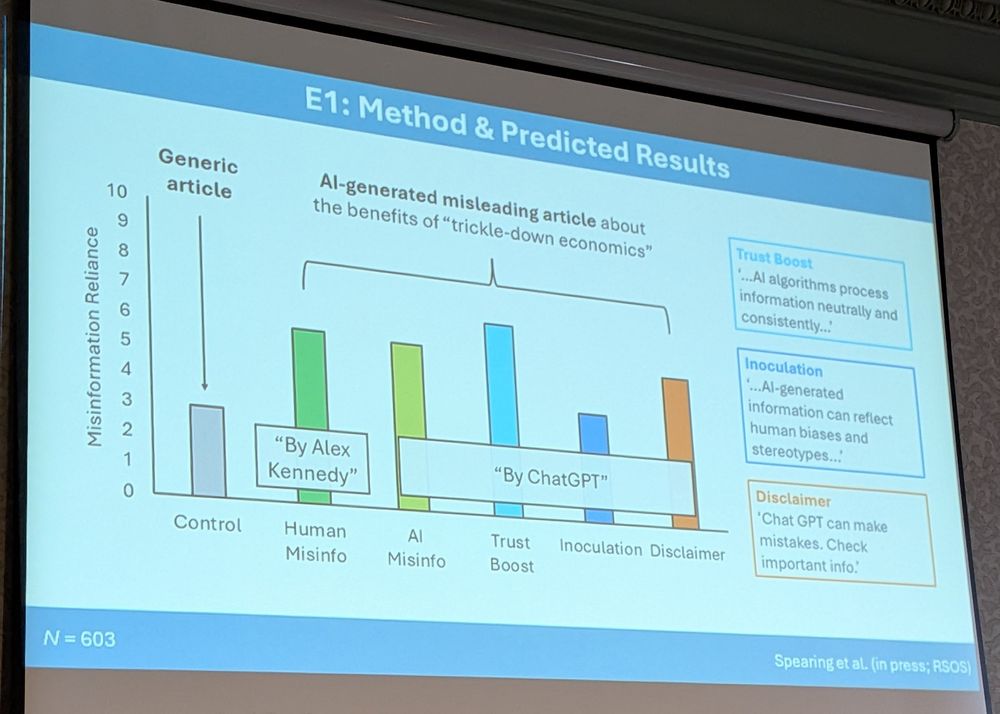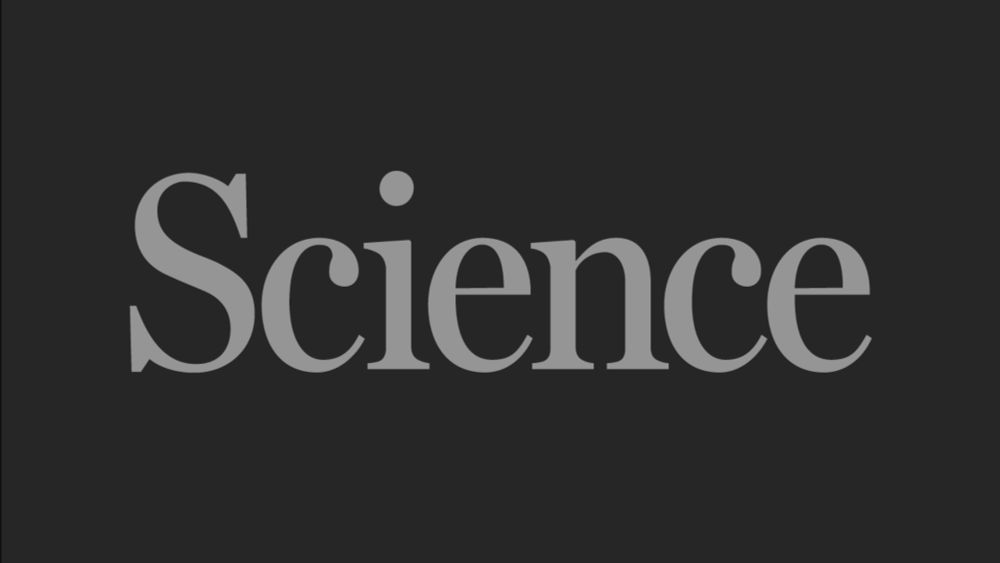Ullrich Ecker
@ulliecker.bsky.social
6.3K followers
420 following
32 posts
I study effects of misinformation.
Professor at the School of Psychological Science and Fellow of the Public Policy Institute at the University of Western Australia
Views my own.
Posts
Media
Videos
Starter Packs
Reposted by Ullrich Ecker
mat marques, ph.d.
@mdmarques.com
· Sep 8

Experts reveal how to change a conspiracy theorist’s mind
Did Dezi Freeman really kill two police officers or was he framed by the Government? This is one question being posed on a Facebook group for last weekend’s March for Australia anti-immigration rallie...
thewest.com.au
Reposted by Ullrich Ecker
Reposted by Ullrich Ecker
Sean Guo
@seanguo.bsky.social
· Jul 4

Specific media literacy tips improve AI-generated visual misinformation discernment - Cognitive Research: Principles and Implications
Images generated using artificial intelligence (AI) have become increasingly realistic, sparking discussions and fears about an impending “infodemic” where we can no longer trust what we see on the in...
doi.org
Reposted by Ullrich Ecker
Ullrich Ecker
@ulliecker.bsky.social
· Jun 27
Reposted by Ullrich Ecker
Ullrich Ecker
@ulliecker.bsky.social
· Jun 25
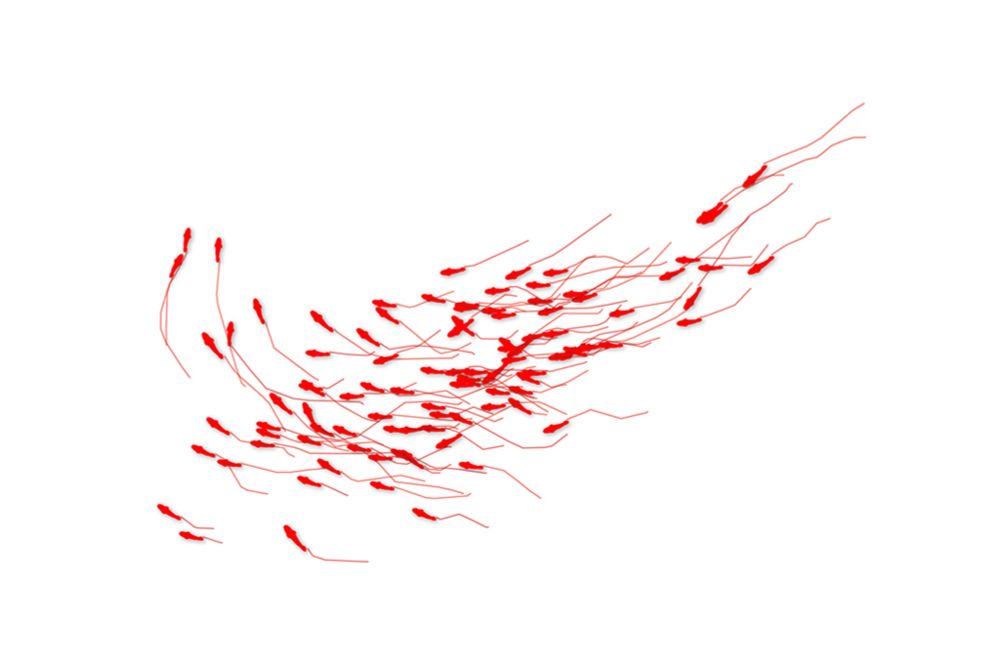
Countering AI-generated misinformation with pre-emptive source discreditation and debunking | Royal Society Open Science
Despite widespread concerns over AI-generated misinformation, its impact on people’s
reasoning and the effectiveness of countermeasures remain unclear. This study examined
whether a pre-emptive, sourc...
royalsocietypublishing.org
Reposted by Ullrich Ecker
Reposted by Ullrich Ecker
Stephan Lewandowsky
@lewan.bsky.social
· Jun 19
The Anti-Autocracy Handbook: A Scholars' Guide to Navigating Democratic Backsliding
The Anti-Autocracy Handbook is a call to action, resilience, and collective defence of democracy, truth, and academic freedom in the face of mounting authoritarianism. It tries to provide guidance to ...
sks.to
Reposted by Ullrich Ecker
Reposted by Ullrich Ecker
Reposted by Ullrich Ecker
Reposted by Ullrich Ecker
Ullrich Ecker
@ulliecker.bsky.social
· Jun 5
Reposted by Ullrich Ecker
Ullrich Ecker
@ulliecker.bsky.social
· May 25
Reposted by Ullrich Ecker
Ullrich Ecker
@ulliecker.bsky.social
· May 15
